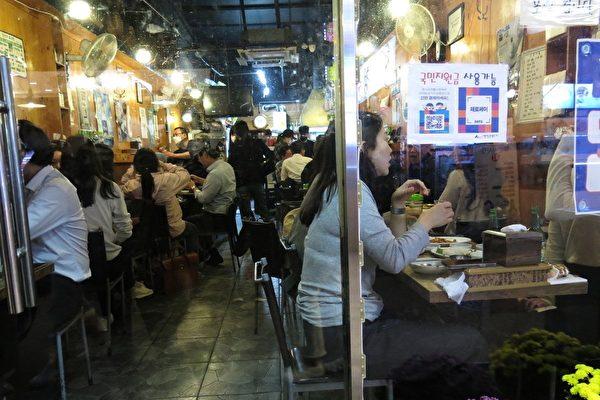On Nov. 1, South Korea began its “coexist with COVID” pandemic prevention model in phases aimed to restore everyday life and order. That night, restaurants in South Korea were filled with customers, and the streets appeared to have regained vitality.
In the past few months, many countries in Asia and Oceania have shifted their strategies to coexist with the Chinese Communist Party (CCP) virus rather than eliminating it. And South Korea is one of the latest additions to implement its “living with COVID” pandemic approach.





